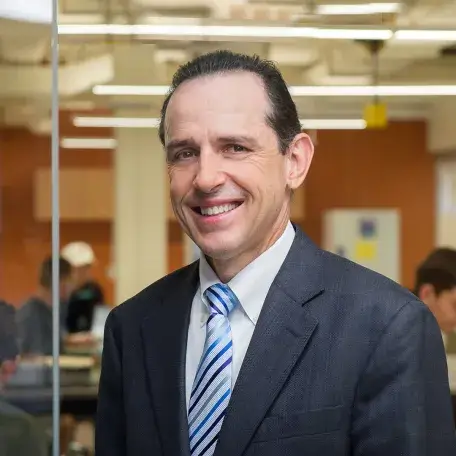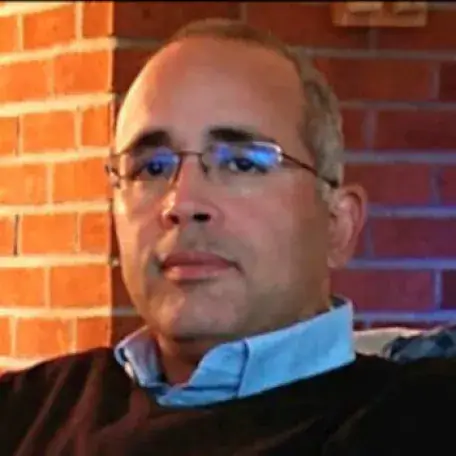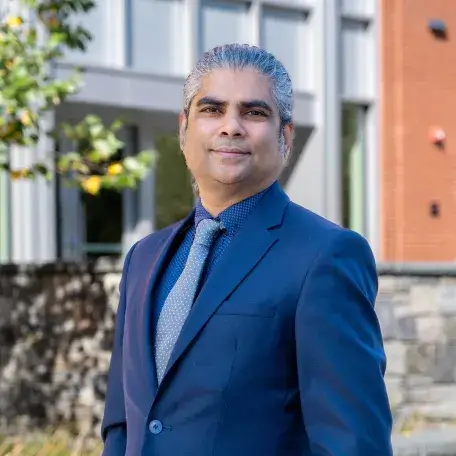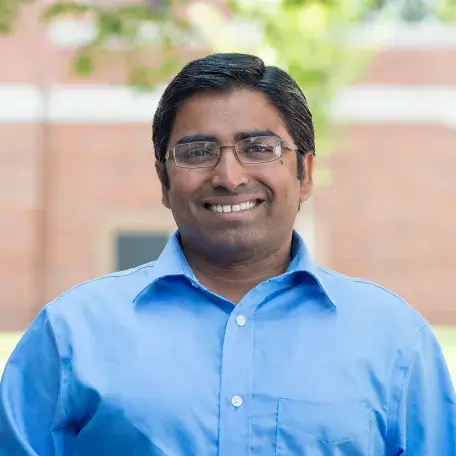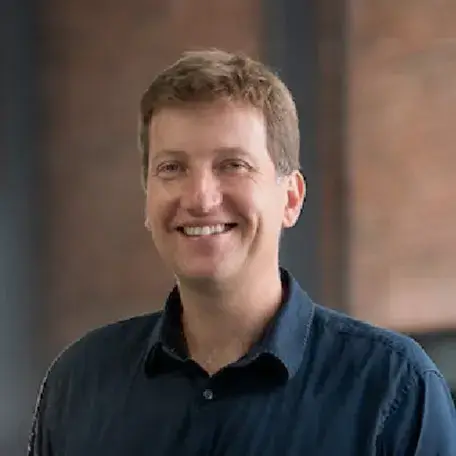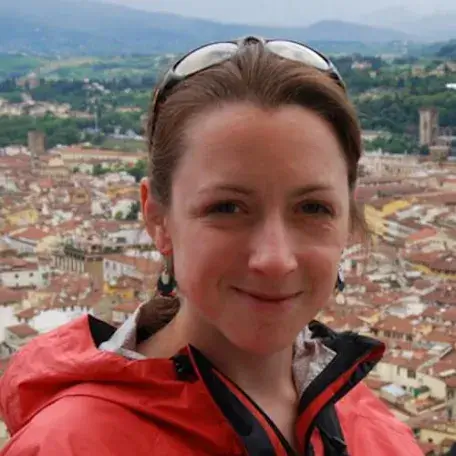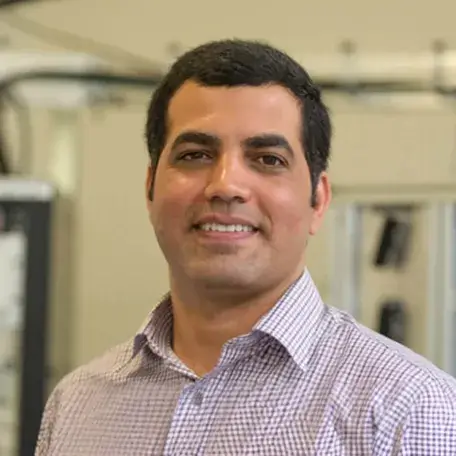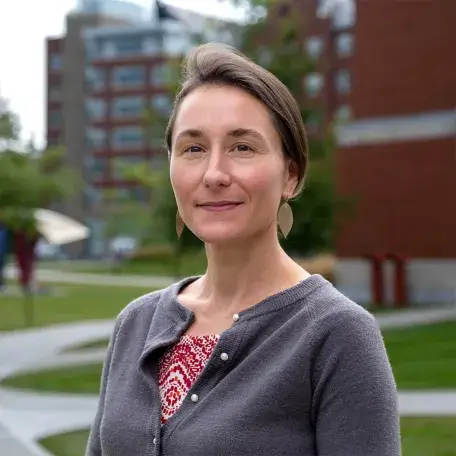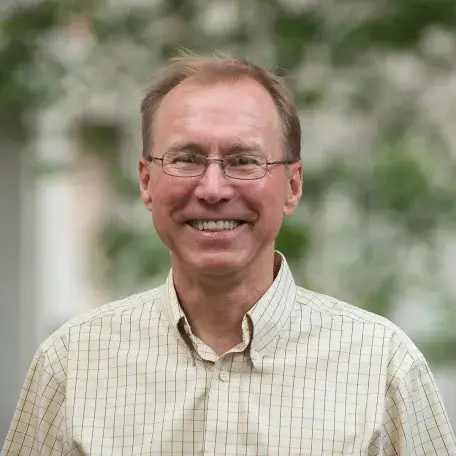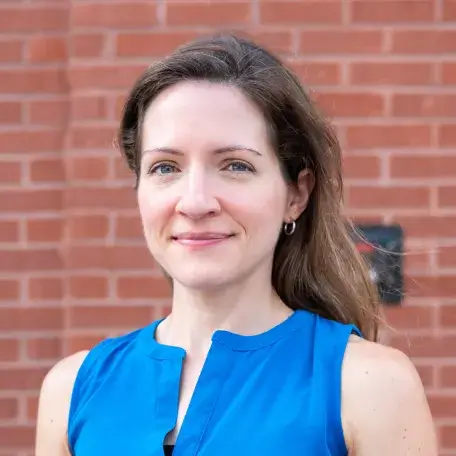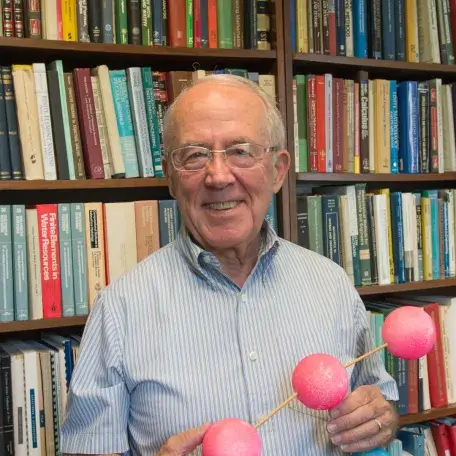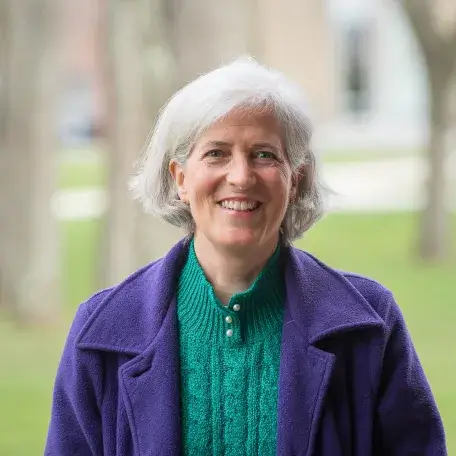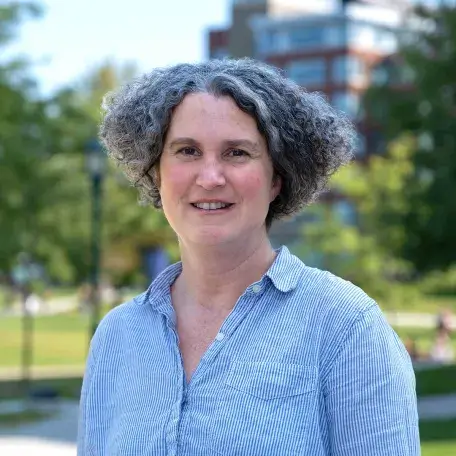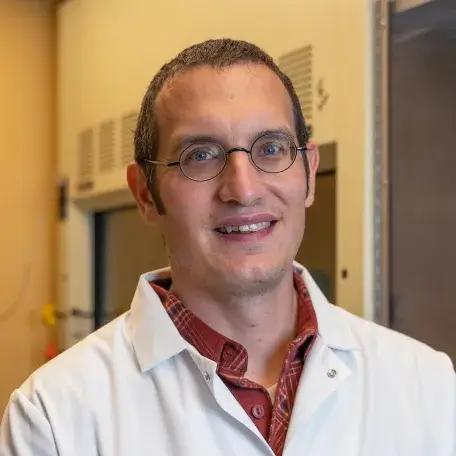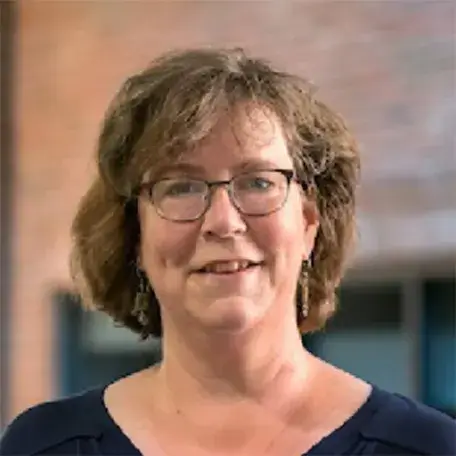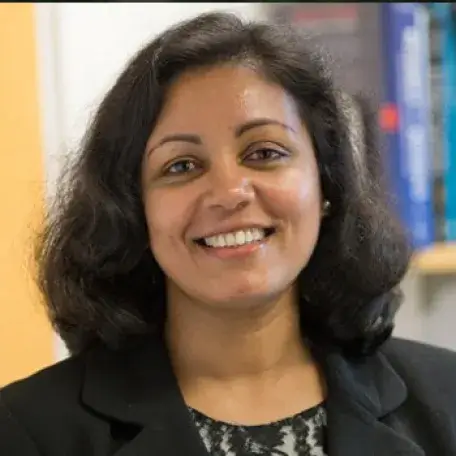Overview
The Department of Civil and Environmental Engineering at the University of Vermont has been awarded a US Department of Education Graduate Assistance in Areas of Nation Need (GAANN) doctoral project. The title of the project is: Research and Education in Sustainable, Equitable, and Climate-Resilient Civil Infrastructure Systems.
The Department is recruiting five highly talented doctoral fellows with the goal of training them to be highly-skilled teacher-scholars capable of 1) designing next generation sustainable and equitable civil infrastructure systems that are climate-resilient, and 2) educating future generations of engineers committed to sustainability, civic-engagement and equity. If you are interested in helping change the future of how to plan, design and build the infrastructure of the future please contact us so we can discuss this exciting and unique opportunity.
Fellowship Details

- The GAANN Fellowships have an yearly stipend of up to $37,000 and tuition.
- Once admitted, up to $1,000 are available for a campus visit to offset some of the travel expenses.
- The GAANN fellows will also receive a signing bonus of $1,000 to help defray costs associated with first year student fees.
- Access to up to $3,000 per year for the first three years for conference travel and other research expenses such as a computer and laboratory supplies.
Note: The graduate fellows MUST be US Citizens and Permanent Residents.
Fellowship Focus

The focus of this GAANN grant is to develop research and education capabilities in Sustainable, Equitable, and Climate-Resilient Civil Infrastructure Systems. Climate change is among the most pressing challenges of our time. In 2020 alone, the U.S. experienced 22 weather and climate disasters each costing over a billion dollars in damage (NOAA, 2021). Moving forward, the impacts of climate change are expected to further intensify, pointing to the need for immediate action. These impacts cross social strata – every American is vulnerable, from the poorest to the most well-off. However, climate change disproportionately affects vulnerable populations (including low-income households, immigrants, indigenous communities) and particular geographic areas due to their location and their ability to cope with different climate hazards (EPA, 2017).
Infrastructure investments present an opportunity to update natural and built infrastructure systems by positioning them (and the communities they serve) to adapt to a greatly altered climate future and extreme weather events. Climate impacts can also be mitigated by designing infrastructure to reduce greenhouse gas emissions, for example by improving the efficiency of water treatment processes, reducing landfill and agricultural emissions, and building infrastructure to support zero emission electric vehicles and non-auto travel. Infrastructure investments also present an opportunity to address historic and ongoing inequities. Built infrastructure does not always yield the same benefits or burdens for everyone; for example, in the 20th century, highway and toxic waste disposal sites were disproportionately located in the heart of communities of color. In recent years, the impacts of climate change have exacerbated existing infrastructure inequities. In 2005, Hurricane Katrina revealed devastating failures of flood control and emergency evacuation that were largely borne by poor Black residents of New Orleans.
Whether disparate outcomes are intentional or not, building a civil engineering workforce that comprises and works with people that are served by these systems is a precursor to designing equitable infrastructure systems. The need for full participation, inclusion, and empowerment of historically under-represented segments of society in all venues where engineering is taught, practiced, and supported is unequivocal.
UVM CEE faculty have the expertise that are critical to educating the next generation of civil and environmental engineers to design sustainable and equitable climate-resilient infrastructure and to conduct the research needed to develop actionable solutions to the challenges posed by climate change.
If you feel that you want to help change the world and envision working on research that will address the pressing need to design civil infrastructure systems for resilience to climate-related risks and to support greenhouse gas reductions the Department of Civil and Environmental Engineering at the University of Vermont might be the place for you.
Example Research Projects

We are open to disciplinary and cross-disciplinary research ideas that personally interest you and broadly fit within the theme of our GAANN project - Sustainable, Equitable, and Climate-Resilient Civil Infrastructure Systems. Our faculty not only have disciplinary expertise in civil and environmental engineering (structures, materials, transportation, water resources, geotechnical, etc.), but they also do highly interdisciplinary work to address critical issues facing our world related to sustainability and energy; infrastructure systems; climate change, hazard mitigation and adaptation; and environmental and public health. Our faculty mentors will work closely with the GAANN Fellows to further develop and refine individual research projects. Some preliminary ideas are listed below:
- Optimal spatio-temporal sensing strategies of civil infrastructure systems
- Multi-hazard risk analysis and management of civil infrastructure
- Advancing rural affordable housing sustainability through energy efficiency and hazard resilience assessment
- Stormwater infrastructure under climate uncertainty
- Food waste as a feedstock for decentralized, community-based Biorefining
- Community-based nutrient recycling
- Climate-resilient bridge-road-stream networks
- Climate-resilient wastewater and stormwater systems for socioeconomically disadvantaged rural village centers
- Climate-resiliency through green stormwater infrastructure using real-time sensing
- Geothermal systems for improving climate resiliency and sustainability of buildings, roads and bridges
- Computing external social costs for civil infrastructure projects
- Evaluating the effectiveness of infrastructure investments and barriers to travel behavior change to mitigate transportation GHGs in small and rural communities
- Understanding the impacts of transit disinvestment on vulnerable transit-reliant populations
- Evaluating the effectiveness of infrastructure investments and barriers to travel behavior change to mitigate transportation GHGs in small and rural communities
- Evaluating adoption and use of electric vehicles (EVs) in small and rural communities
- Modeling the potential impact of autonomous vehicle (AV) use on travel demand, energy use and GHG emissions in small and rural communities
GAANN Program Eligibility
The program is open to excellent students who:
- Are admitted into our PhD program in Civil and Environmental Engineering.
- Are a citizen or permanent resident of the United States.
- Can demonstrate financial need.
- Are planning a career in teaching and/or research.
Women, underrepresented minorities, veterans, and individuals identifying with historically underserved groups (first-generation college students, socio-economically disadvantaged, differently-abled, LGBTQ, etc.) applicants are particularly encouraged.
Although students with prior engineering Master’s degrees are preferred, exceptional candidates without a Master’s will be considered.
GAANN Fellowships Academics
How to Apply
To be considered for admission into our PhD program and GAANN Fellowship, please complete the application linked below:
Application Details
Apply by January 15 for Fall admissions for full consideration, but late applications will continue to be considered until all fellowships are filled.
The application requires email addresses for three people who will provide letters of recommendations. This information is submitted within the application and letters are sent from the recommender directly to us through the application portal. At least two of the three recommenders should be familiar with your academic achievements.
- One transcript from each institution you have attended, including the one you currently attend, if that is the case.
- Residential Status Questionnaire (for in-state tuition purposes).
- GRE is not required.
Statement of Purpose
In your Statement of Purpose, please outline your reasons for wishing to undertake graduate study and specifically mention that you would like to be considered for the GAANN Fellowship, and comment on your specific interests related to the GAANN project.
Via email please inform Professors Luis Garcia (luis.garcia@uvm.edu) and Eric Hernandez (eric.hernandez@uvm.edu) about your interests in the GAANN program and any questions you may have.
FAFSA Application
A completed FAFSA, as the GAANN Fellowship awards may not exceed demonstrated financial need.
A completed Free Application for Federal Student Aid (FAFSA), as the GAANN Fellowship awards may not exceed demonstrated financial need.
The FAFSA will be used to determine financial need in regards to this fellowship.
- Select University of Vermont and State Agricultural College (Federal school code 003696) as the school to which your FAFSA will be sent.
- As a post-Bachelor’s Degree student, parental information is not required and we recommend that you do not enter parental information.
- File the FAFSA for the academic year during which you will begin your enrollment.
- Summer is associated with the prior fall/spring academic year.
- If offered the option to use the data retrieval process to connect your tax information to your FAFSA, we recommend that you select this option. This ensures accuracy of data and simplifies the process.
Faculty Contacts
Associate Professor, Department of Civil and Environmental Engineering • Graduate Program Director
eric.hernandez@uvm.eduFaculty Mentors
Interim Dean, College of Engineering and Mathematical Sciences • Professor, Department of Civil and Environmental Engineering
mdewoolk@uvm.eduAssociate Professor, Department of Civil and Environmental Engineering • Faculty Fellow, Gund Institute for Environment
raju.badireddy@uvm.eduAssistant Professor, Department of Civil and Environmental Engineering • Affiliate, Gund Institute for Environment
abomblie@uvm.eduResearch Assistant Professor, Department of Civil and Environmental Engineering • Affiliate, Gund Institute for Environment
elizabeth.doran@uvm.eduAssociate Professor, Department of Civil and Environmental Engineering • Faculty Fellow, Gund Institute for Environment
Ehsan.Ghazanfari@uvm.eduAssociate Professor, Department of Civil and Environmental Engineering • Graduate Program Director
eric.hernandez@uvm.eduSenior Lecturer - Professor of Practice, Department of Civil and Environmental Engineering
John.Lens@uvm.eduProfessor, Department of Civil and Environmental Engineering • Faculty Fellow, Gund Institute for Environment
gpinder@uvm.eduResearch Assistant Professor, Department of Civil and Environmental Engineering
Douglas.Porter@uvm.eduActing Chair and Professor, Department of Civil and Environmental Engineering • Affiliate, Gund Institute for Environment
drizzo@uvm.eduAssistant Professor, Department of Civil and Environmental Engineering • Affiliate, Gund Institute for Environment
Dana.Rowangould@uvm.eduAssociate Professor, Department of Civil and Environmental Engineering • Faculty Fellow, Gund Institute for Environment
mscarbor@uvm.eduResearch Assistant Professor, Department of Civil and Environmental Engineering • Affiliate, Gund Institute for Environment
Kristen.Underwood@uvm.eduSenior Lecturer, Department of Civil and Environmental Engineering • Director of Curricular Enrichment
Priyantha.Wijesinghe@uvm.edu